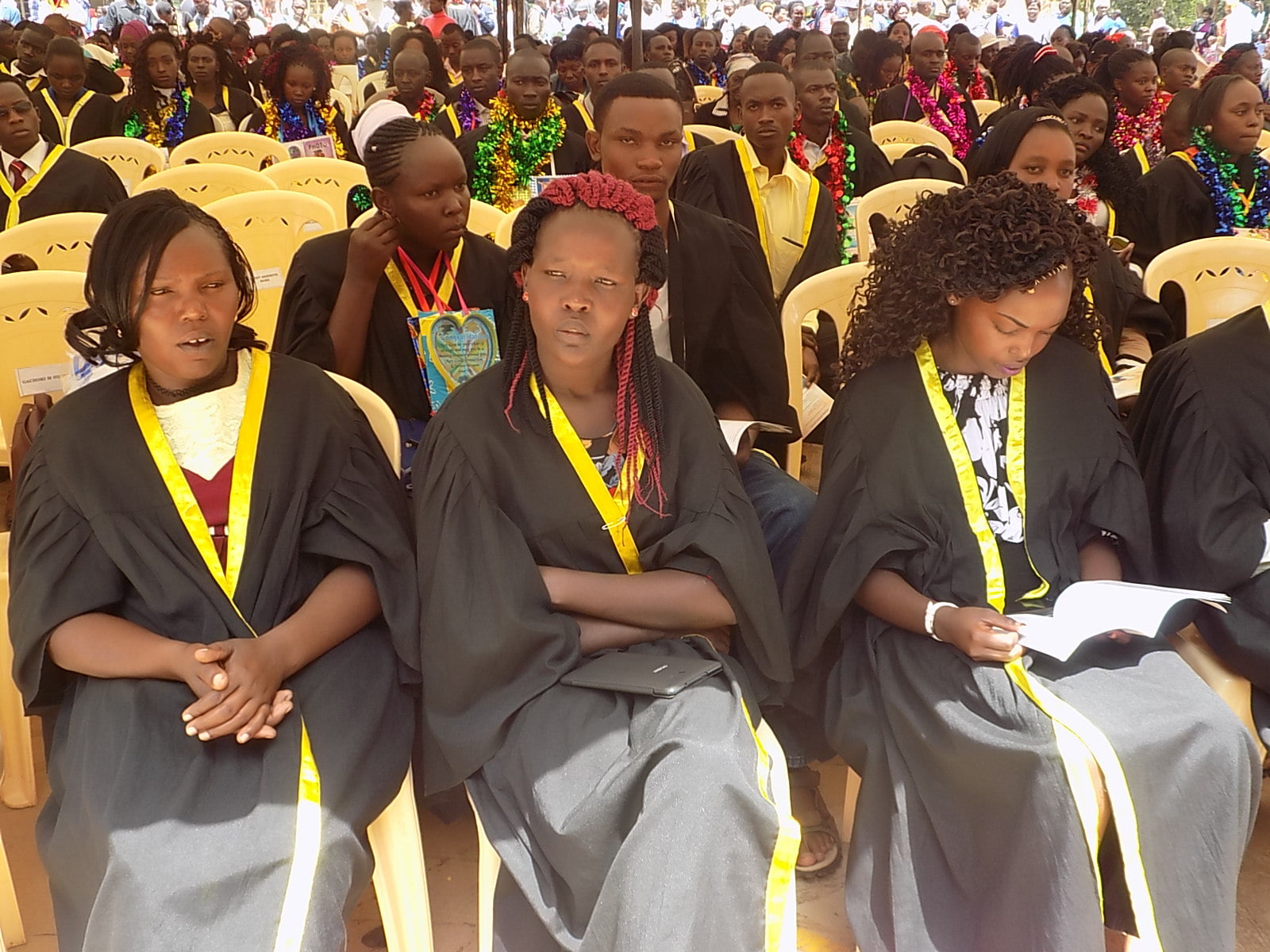By Roy Hezron
Teachers will be required to have Post Training Certificate (PTC) to be certified for teaching in the Competency Based Curriculum.
All in-service teachers and trained teachers who are not yet employed will now be required to acquire the PTC in order to be CBC compliant before being employed.
According to the new proposals outlined by Teachers Service Commission (TSC), teachers who are currently teaching in Early Childhood Development Education (ECDE) classes will also have to meet the requirement.
Others targeted include Primary Teacher Education (PTE) popularly known as P1 teachers, Diploma in Teacher Education (DTE), Bachelor’s degree in Education (both Science and Arts) and Special Needs Education (SNE).
A perusal through the policy document by the Commission titled, Framework on Entry Requirements in the Teaching Service, reveals that the programme will be offered within in a nine month period during school holidays.
Further training will be undertaken for the teachers through distance learning during school time.
The document which is prepared by the Director for Quality Assurance and Standards at the TSC, Dr. Reuben Nthamburi, also points out that during the training period the teachers will also do micro teaching.
“The in-service teachers and qualified – registered teachers outside employment will be inducted and certified to offer the Competency Based Curriculum,” reads the document.
According to TSC data, in 2019 the number of teachers in public primary schools who had Certificate (P1 Teachers) was 175,712 teachers, those with Diploma was 24,604 teachers while 17,891 teachers had Bachelor’s degrees.
In public secondary schools, those who had Diploma were 3,614, while 99,625 teachers had Bachelor’s degree in Education.
During the training, the teachers will be taken through CBC (Learning areas and Pedagogy), 21st Century Principles and practices of teacher education, Andragogy and Lifelong Learning Assessment, action research and Inclusivity.
Other learning areas which will be covered within the nine month period training include coaching and mentorship, identification and nurturing of learner potential.
They will also be instructed on Blending Content and Pedagogy Micro teaching, Practicum Supervision and Assessment Reflective Teaching and Pedagogical and Reasoning.
According to the Commission, teachers who will be having Diploma in ECDE will be deployed to teach Pre-Primary 1 and 2, Diploma in Teacher Education will be deployed to teach grades 1-6, while those with Diploma in Secondary Teacher Education will be deployed to teach Junior (Grade 7-9) and Senior (Grade 10-12) Secondary level.
Apart from the PTC programme, the new guidelines will now require all university graduates interested in teaching to have a post-graduate diploma in education.
“All the 8-4-4 and Competency Based Curriculum (CBC) students must undertake first, Bachelor of Arts or Bachelor of Science courses for a period of three years majoring on the key subjects and thereafter undertake a Postgraduate Diploma in Education for a period of one year for teaching at junior and senior school and SNE (Special Needs Education),” the document stipulates.
The Bachelor’s degree graduates in Education who will have BA and BSC degrees with Post Graduate Diploma in Education will be deployed to teach in both Junior and Senior Secondary Schools.
The entry requirements for one to do a Bachelor’s degree in Education, has now been remodelled to a Kenya Certificate of Secondary Education (KCSE) Mean Grade C+ (plus) a B- (minus) in three teaching subjects.
This will be a shift from the current requirement for a C+ (Plus) in the two teaching subjects to qualify for the teaching course.
Other recommendations are that the minimum qualification for entry into teaching profession in Kenya at all levels be a Diploma in Education.
At the same time, admission into all diploma and degree courses in education shall be ”demand- driven”, meaning the number of teachers graduating each year will be controlled.
“That there is a diploma in secondary education which will cater for defined learning area subjects required in junior and senior secondary level which have shortages,” adds the document.
The Commission has further instructed ECDE applicants with certificates from other bodies other than Kenya National Examination Council (KNEC) and Ministry of Education be equated by KNEC.
Those with foreign degrees and diplomas in education have also been directed to ensure their documents are equated by the Commission for University Education (CUE) and KNEC respectively.
However, it is a blow to those teachers who had different qualifications other than education but pursued a Post Graduate Diploma in Education since the Commission has declared that they don’t qualify for registration.
“Applicants for registration whose training is in subjects that are currently not in the curriculum do not qualify irrespective of having undertaken a Post Graduate Diploma in Education (PGDE) and or Enhancement,” reads the document.
This category includes those who had Bachelor of Science/ Arts in Natural resources, Meteorology, Forestry, Animal husbandry, Horticulture, Farm machinery, Fisheries, Anthropology, Sociology, Theology (Divinity), Journalism, and Kiswahili and Communication among other courses.
TSC maintains that the courses do not provide sufficient subject content and ,therefore, the mastery of the content in two teaching subjects is not adequate as required.






